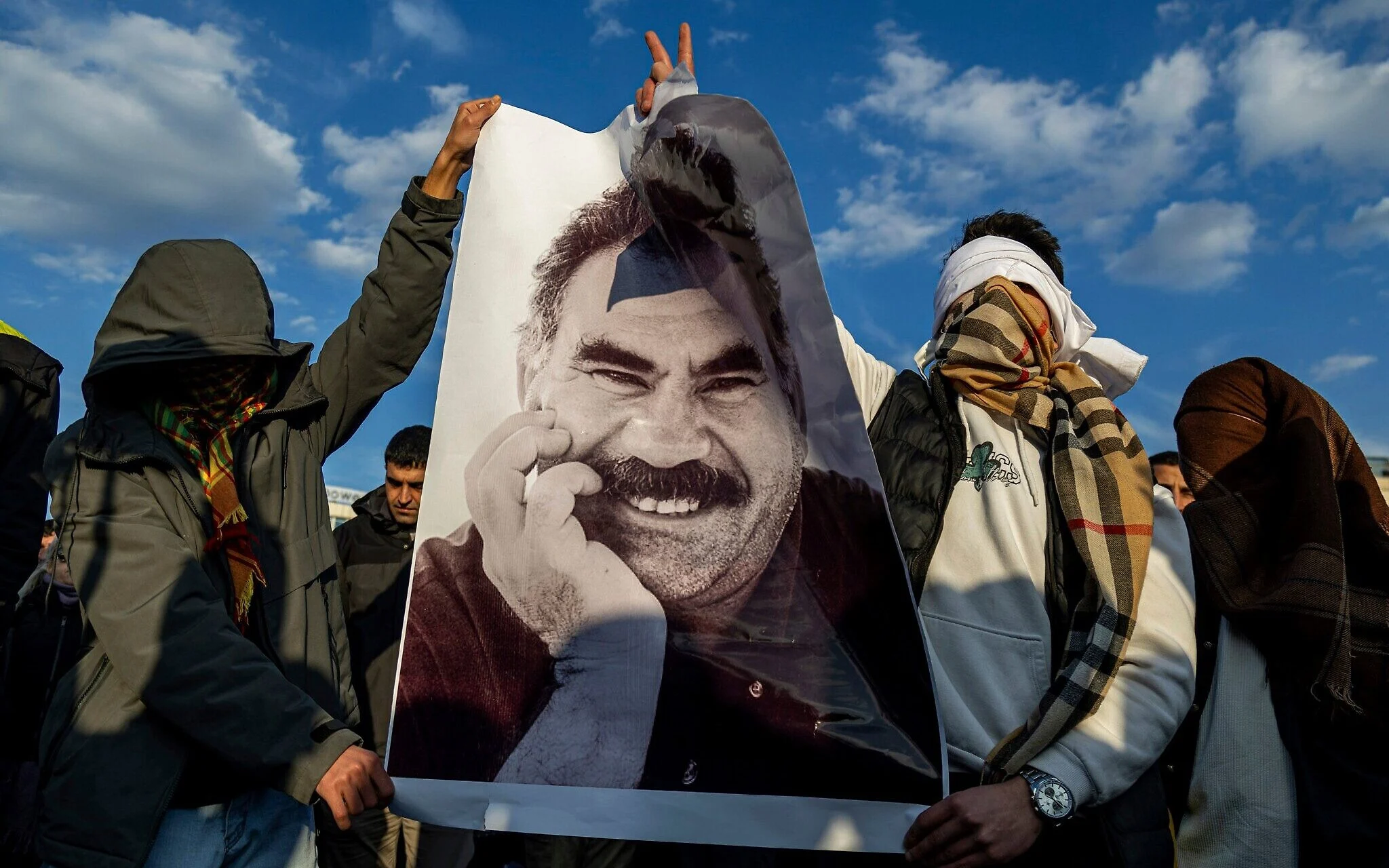The Kurdistan Workers’ Party (PKK) has officially declared the end of its decades-long armed campaign against the Turkish state, announcing the group’s dissolution on Monday, according to the pro-Kurdish ANF news agency.
In a statement issued following its 12th Congress held last week, the PKK confirmed it would disband its organisational structure and abandon its strategy of armed resistance.
“The 12th PKK Congress has decided to dissolve the PKK’s organisational structure and end its method of armed struggle,” the group announced.
The decision marks a historic shift in one of the region’s longest-running conflicts, in line with a recent appeal by PKK founder Abdullah Ocalan.
Jailed since 1999 on an island near Istanbul, Ocalan issued a letter in February urging the group to formally disarm and disband. His request was swiftly acknowledged by the PKK leadership, which announced a ceasefire days later.

Turkish President Recep Tayyip Erdogan appeared to hint at the development in a weekend speech, suggesting a breakthrough could be imminent.
“We are advancing with firm steps on the path to the goal of a terror-free Türkiye,” he said, expressing hope that the country could soon be rid of the “scourge of terrorism.”
The PKK, which has been designated a terrorist organisation by Türkiye, the European Union, and the United States, began its insurgency in 1984.
Initially, the group sought to create an independent Kurdish state within Turkish territory. Kurds currently comprise around 20% of Türkiye’s population of 85 million.
The armed conflict has spanned more than four decades and claimed over 40,000 lives. Despite multiple attempts at reconciliation over the years, including several ceasefires and talks, a permanent peace agreement had remained elusive until now.
Ocalan’s call and the PKK’s response may signal the most definitive end yet to the group’s armed operations, though the implications for Türkiye’s broader Kurdish population and future political dynamics remain to be seen.


 Trending
Trending 